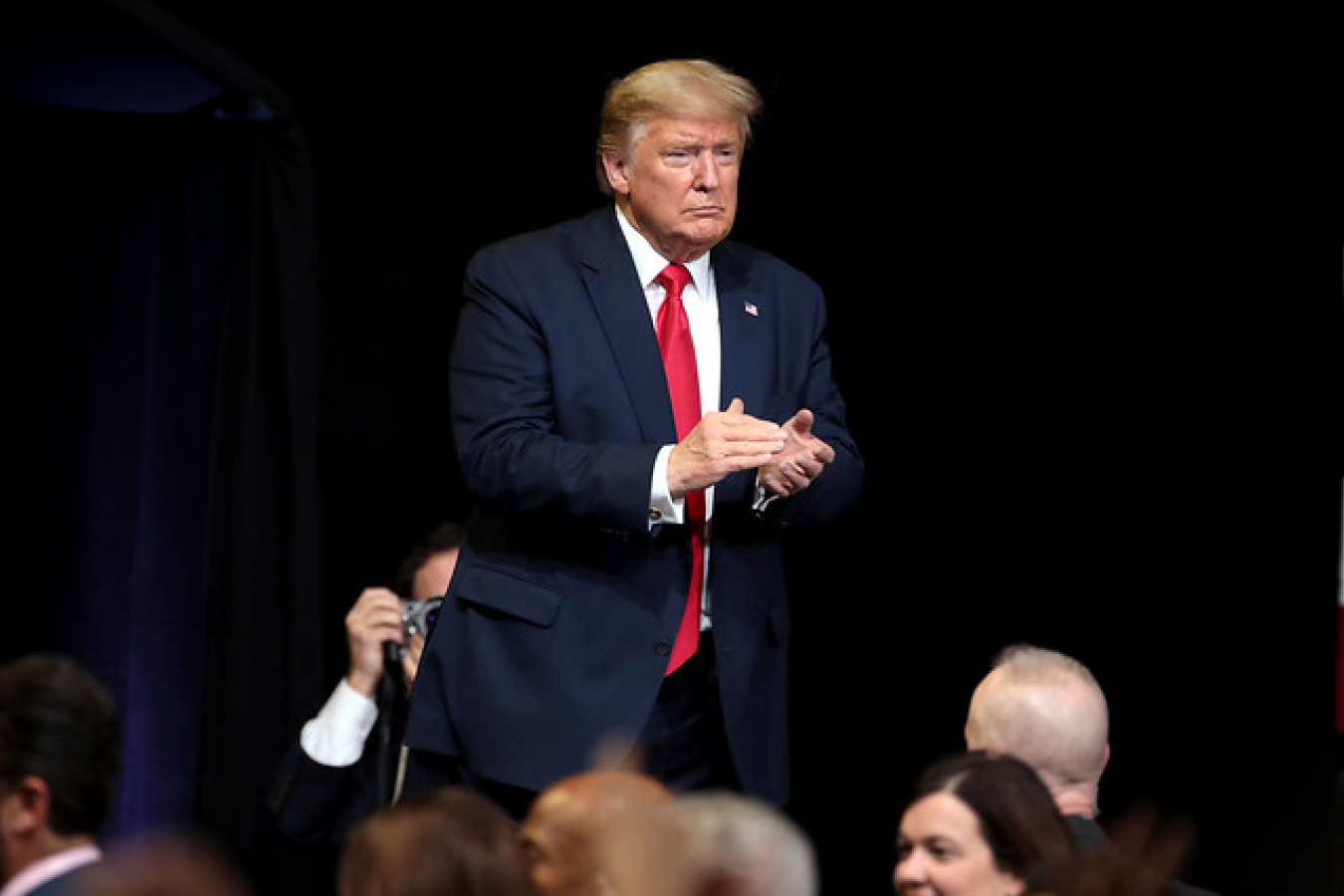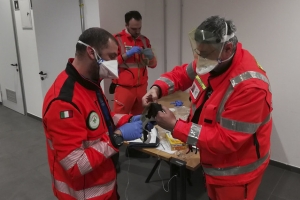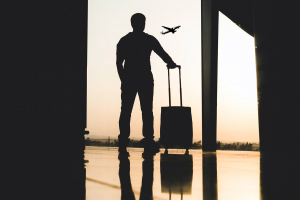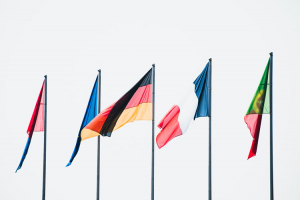Support migrant centric journalism today and donate

Sanwar Ali comment:
The UK also advised their citizens not to travel to the US it seems in retaliation. Matt Hancock wrote in The Sunday Telegraph, that coronavirus was "the biggest public health emergency in a generation." Public health experts have suggested that once a disease has been circulating in a community travel bans make little difference. Perhaps these travel bans by the US, Europe and other Countries are being introduced simply for political reasons.
Bill Hanage, an epidemiologist at Harvard’s TH Chan School of Public Health had the following to say:
“…we’re way past the point where simply restricting travel is a reasonable response…”
Amid the coronavirus outbreak, the Trump administration has systematically cancelled US visa appointments at consulates around the world, while also issuing a ban on European travellers. As of March 17, Trump’s coronavirus US visa travel ban was expanded to include the UK and Ireland.
Mike Pence, the US Vice President, announced that the ban would be expanded to include the UK and Ireland as COVID-19 spreads across the two nations. Ireland is in near total lockdown, while UK Prime Minister Boris Johnson is doing daily televised updates to keep Britain’s general public informed on the pandemic.
In a statement from the White House, Mike Pence said: “Americans in the UK or Ireland can come home. Legal residents can come home.”
Pence went on to add that as a precautionary measure, American citizens and legal residents returning home from the UK and Ireland would be ‘funnelled through specific airports and processed.’
30-day US visa ban on European travellers
An initial, 30-day US visa and travel ban amid the coronavirus pandemic by the Trump administration only applied to travellers coming to the US from the EU’s Schengen border-free zone, but not the UK and Ireland.
However, the ban was expanded to include the UK and Ireland because “they’ve had a little bit of activity, unfortunately,” Trump said.
US J1 visa exchange visitor programme suspended
Following Mike Pence’s announcement, the US Embassy in Dublin has since confirmed that the US J1 visa programme has been suspended for 60 days until further notice because of the COVID-19 situation.
The decision to temporarily close the J1 visa programme was taken by the US Bureau of Education and Cultural Affairs (ECA) after Trump declared the coronavirus to be a national state of emergency on Friday, March 13.
In a statement from the ECA, they said: “All ECA-funded programmes that involve travel to and from countries affected by COVID-19 will be temporarily suspended. Programmes will be paused for 60 days and the situation will be reviewed every 30 days going forward.”
The J1 exchange visitor visa is a popular US entry route among Irish students. In 2019, nearly 3,400 students from Ireland travelled to the US on a J1 visa.
Coronavirus COVID-19 cases in Ireland and the UK
As of March 16, Ireland reported 223 cases of COVID-19, 54 of which had been newly diagnosed, while two people have died from the illness.
In the UK, 1,543 cases of the coronavirus have been confirmed, with 55 fatalities. During his most recent televised update, the UK Prime Minister urged the British public to ‘avoid all unnecessary travel and social contact.’
‘All employees should work from home, while people aged 70 and over, along with pregnant women, should avoid social contact,’ Johnson said.
In the US, coronavirus cases have reached 3,487 with 68 deaths.
As of March 17, reported cases of COVID-19 worldwide hit 182,000, killing 7,100 according to Johns Hopkins University.
There have now been more deaths from the virus outside China, where it originated, than inside.
Latest coronavirus updates, visa and immigration restrictions
For the latest updates on the coronavirus, plus details of visa and immigration restrictions worldwide, check Workpermit.com’s news section to stay informed. To discuss your immigration options, call +44 (0)344 991 9222 or email london@workpermit.com





















